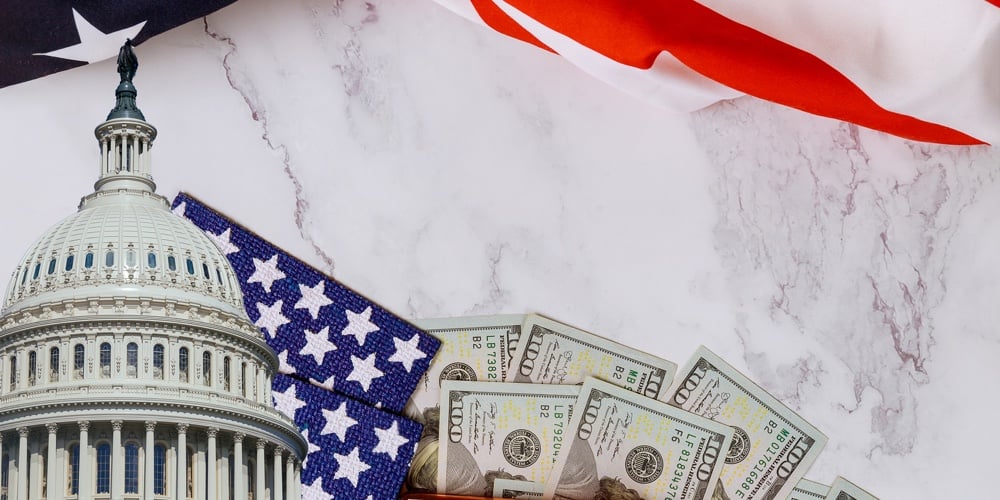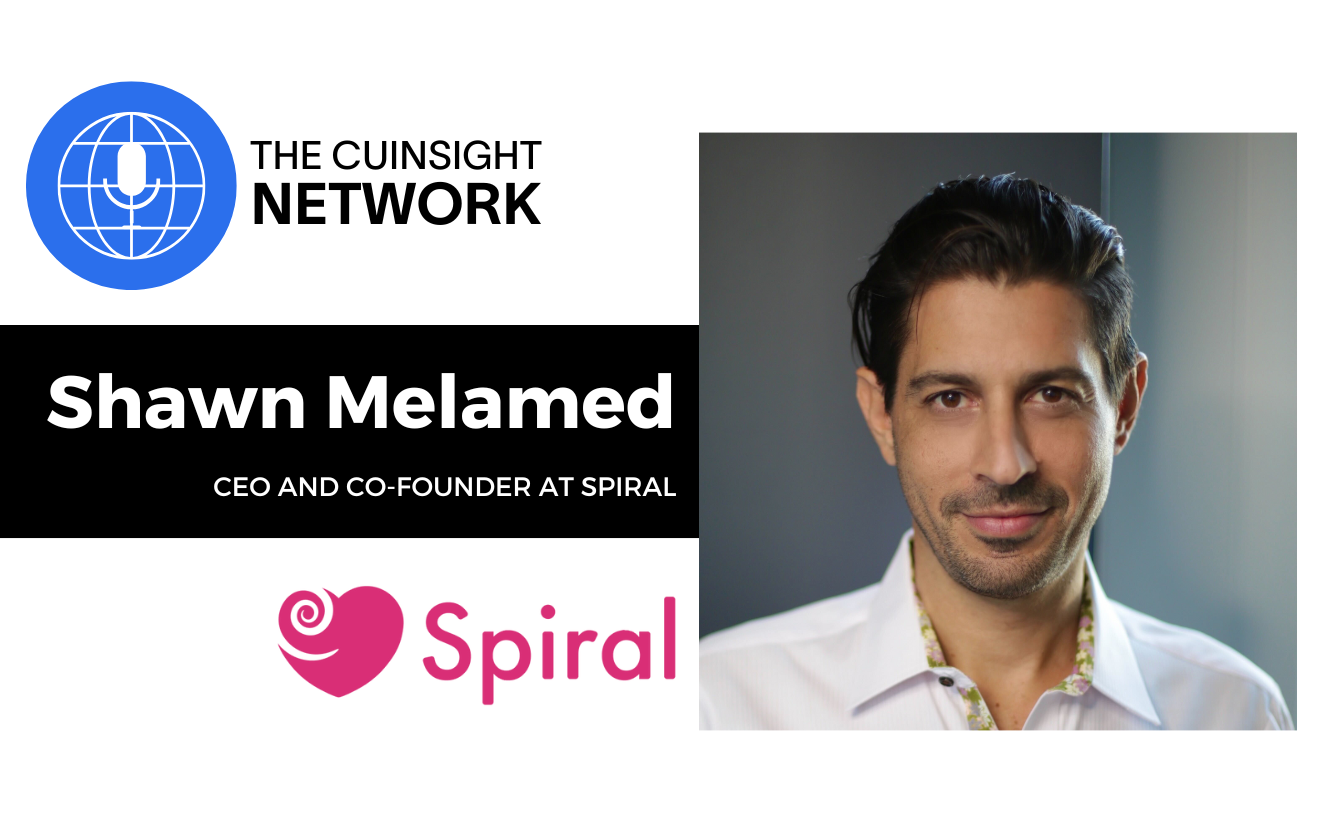On November 4th 2020, every human awoke with something in common (other than the gift of breath): we all know a friend, a loved one, an acquaintance, colleague, or client who feels and/or believes their world is threatened, that evil is insurgent.
In short, we are all neighbors, and we all have neighbors in need.
This is especially true of those of us privileged to work in the community/local financial services industry; and even more so for those in the non-profit financial services sphere!
In the US, close to 100k businesses have been permanently impacted by the unprecedented interruption of community and economic activity (COVID-19). Unemployment in our communities still remains nearly 2x higher than early 2020 (pre-COVID) levels. American taxpayer debt continues to balloon; thus, debts we’re racking up for future generations have well outpaced GDP (and debt service levels fast following over the cliff).
The fabric of our great nation is torn and tattered. Whether a tapestry is worn or firmly woven together has nothing to do with the tint of its many threads. If strands refuse to be bound together, whether red or blue (or white, black, green, yellow, etc.), their color is irrelevant and their strength impossible. No desperately needed lifeline or protective covering will result from a mere collection of individual(ist) threads – regardless how brilliant, confident, or convinced of their hue.
As Americans, it doesn’t matter whether your sweat was ‘red’ or ‘blue’ during the evening and late hours of November 3rd. The net effect of our collective political perspiration is, yet again, a national tapestry nearly half saturated in crimson and the (essentially equal) balance soaked in sapphire.
Way, way back in February 2020 (before the seemingly time-bending interruption of COVID-19 ensued), I published a piece which pointed (with startling ease) to this version of America. I suggested we’d find ourselves divided (nationally) and grappling with feverish rhetoric about Socialism. Socialist voice and thought may have been largely sedated, but the democratic ‘discourse’ of this election cycle and its other contagions drove us to the same symptom – schism. At the national level – reflected in our presidential votes – our stains of division have taken on deeper hues.
The problem with such deep saturation of preferred pigments on both sides is that our political perspiration can easily turn into bleeding – across party lines and into streets.
We are indeed in great need of what I have referred to elsewhere as “cooperative capitalism.”
In the end, it won’t be “Red” or “Blue” threads at the distant edges of a vast tapestry which insulate us from the biting cold of anarchy and tyranny; it will be our neighborliness and our willingness to blend perspectives locally. We will each have to choose whether our local perspiration and perspectives infuse with, and opens up to, nearby threads. If we can detect these real needs, we may still see our sweat and fervor transpire into more than bleeding; becoming blending, bonding, building, commerce, and community.
So, who can see these needs; and how can they be detected?
We can (or should be able to) see these needs of our neighbor more clearly than any politician or elected official. As executives and leaders of local financial institutions (and affiliated organizations), we are the stewards of wealth, power, privilege, and democratic access to financial services within and for our communities. We are the digital bookkeepers of people’s struggles, successes, desires, debts, and financial flourishing. We exist at the nexus of countless connections comprising our local economies - some pregnant with potential, others exposing great need. We are the guardians of the digital gateways and electronic armaments which should connect those with plenty to those who are weary and wanting; ...and we should be able to do so with greater efficiency and healthier returns than the convoluted and circuitous routes from centralized powers and national institutions..
In the end, I didn’t sweat blue or red on November 3rd, 2020. It was much the same as Nov 4th 2016 for me. I stared at blinding screens of flashing sharp lines of deeply divided colors until my eyes started to shed tiny amber tears … mostly consisting of bourbon by 1 AM.
12 hours later, as I sit occasionally staring off into ‘Twitterverse,’ the reality of our deeply dyed and sharply contrasted tattered tapestry profiled above unravels before my eyes. Red threads allege Blue pigment bleeds into countless ballots. Blue strands recoil back from red threads in disgust and shock that there are still so many backwards fibers affecting the flow of our tapestry.
Our communities don’t need red or blue or colors and lines on interactive digital election maps.
They need YOU. They need digital tools for modern commerce. They need a steward of their financial and household/business data. They need your institution to be an epicenter of community commerce, an inspirer of economic connection. They don’t need you to be a consumer and passive distributor of tired “fintech” platforms; and their needs are far more immediate than our industries inclination to wait for more federal guidance, stimulus or regulation to offer another round of PPP loans.
Struggling households and individuals need their local financial institution to be the epicenter of their fiscal flourishing. Business owners need you to monetize their data and digitize their business for them. Underserved segments amass in your cluttered core data, and they need you to see them and serve up digital extensions for financial literacy. Consumers and community economies need you go to beyond cliché platforms like online banking, mobile banking, flashy LOS systems, and lagging big data dashboards. They need you to use your core to help them modernize and digitize their business to the core.
Our communities need rebuilding. They need unification. They need a core for local democratic and collaborative capitalism.
Will needing neighbors find a local partner in you, one willing to work through the political perspiration and separation of the moment in the spirit of supporting practical business needs with modern digital and financial tools; or, will they have to wait to collaborate with you until some national party passes another stimulus and mandates that you passively proffer them a PPP loan they’ll struggle to repay?
I hope we seize these moments to get down to the business of building and blending locally.
The alternative is to bleed out – as an industry, and as a nation.
PS – As I’ve been sitting here hammering all this out, I’ve realized I’m hungry for lunch. I wish I could order a piece of pizza from my favorite New England pizza joint. They don’t have a mobile app. I can’t order ahead or pay them digitally. I’ve talked to the owner; he’d gladly take an offering from a local FI helping him remain relevant. In 20 minutes I have a phone call with a non-profit I support and love. They’ll almost surely tell me about their financial problems and how they need more support. They don’t have affordable tools to collect recurring donations from supporters and they don’t have a means to fundraise digitally without giving up massive cuts to corporate conglomerates. My little sister called me this morning. She just opened a salon. Will she be able to compete with nationwide competitors offering loyalty, promos, self service, order ahead, etc.? A tidal wave of deposits has poured into local institutions on main street, fleeing equities and Wall Street since March. Are we going to capture these deposits by bridging into sectors like digital assets and cryptocurrencies; or will we squander this moment (like we did in 2008) and let this generational wealth wander back out our doors because we’re afraid of innovation in favor of awaiting regulation. Because one thing is for sure … this wealth will seek the greatest return in these uncertain times, and that won’t come from Federal Reserve Notes being printed at the pace of toilet paper (maybe faster than toilet paper judging by the shelves at Costco)!







